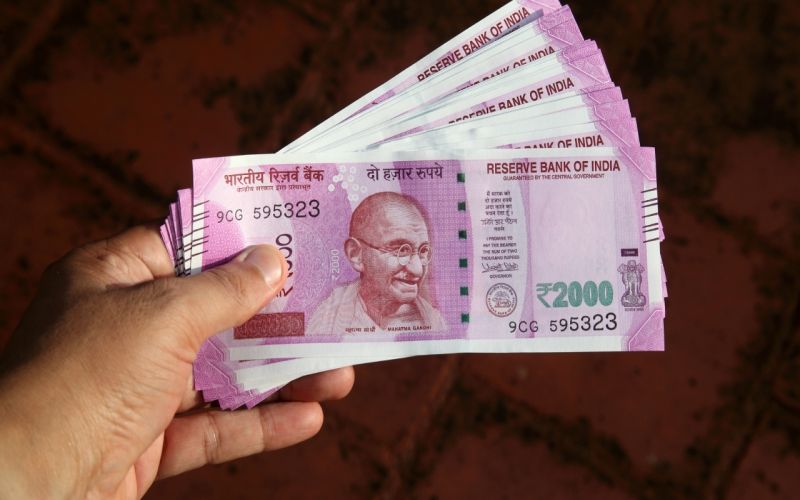
Introduction:
In a recent announcement, the Finance Ministry of India has confirmed that there is no proposal to extend the deadline for the exchange of Rs 2,000 notes. As per the original directive, the deadline for exchanging these high-denomination currency notes remains in place. This decision has sparked various discussions and debates within the country, with citizens expressing their views on the implications of the decision and its potential impact on the economy. In this blog, we will delve deeper into the context, rationale, and potential consequences of the Finance Ministry's stance on the Rs 2,000 note exchange deadline.
Background:
The Rs 2,000 currency notes were introduced in November 2016, as part of the government's demonetization drive aimed at curbing black money, counterfeit currency, and corruption. During the demonetization process, the older Rs 500 and Rs 1,000 notes were demonetized, and new Rs 2,000 notes, along with redesigned Rs 500 notes, were introduced.
Initially, there was a sense of urgency for citizens to exchange their old currency notes for the new ones, and the government had set a deadline for the exchange process. However, after the demonetization exercise was completed, there were discussions on whether to extend the deadline for exchanging the Rs 2,000 notes, considering the prevailing economic situation and the possible implications for the public.
The Finance Ministry's Decision:
Despite the discussions and speculations, the Finance Ministry has now clarified that there is no proposal to extend the deadline for the exchange of Rs 2,000 notes. This means that citizens who still possess the old Rs 2,000 notes will need to comply with the original deadline if they wish to exchange them for other denominations or deposit them in their bank accounts.
The rationale behind the Decision:
The Finance Ministry's decision is likely based on several factors:
-
Policy Continuity: The government is emphasizing the need for policy continuity and adherence to the original directives related to demonetization and currency exchange. This approach is intended to maintain the credibility and predictability of government actions.
-
Cash Circulation: There might be concerns about the circulation of high-denomination currency notes and the potential misuse of such notes for illegal activities. By adhering to the deadline, the government aims to mitigate risks associated with hoarding and black money.
-
Economic Impact: Extending the deadline for exchanging Rs 2,000 notes might have economic implications, including potential distortions in currency circulation and monetary policy management. By keeping the deadline unchanged, the government seeks to maintain stability in the financial system.
Consequences and Public Response:
The decision not to extend the deadline for the exchange of Rs 2,000 notes has evoked mixed reactions from the public. Some citizens feel that an extension could have been beneficial, as it would allow more time for those who might have missed the initial exchange window to comply with the process. On the other hand, proponents of the government's decision argue that adhering to the original deadline reinforces the importance of timely compliance with government policies.
Conclusion:
The Finance Ministry's decision not to extend the deadline for the exchange of Rs 2,000 notes signifies the government's commitment to maintaining policy continuity and preserving the integrity of its past actions. As the deadline approaches, citizens are encouraged to comply with the exchange process promptly to avoid any inconvenience. Going forward, it is essential for the government to continue engaging in open dialogues with the public, addressing concerns, and communicating the rationale behind such decisions to ensure transparency and foster public trust in the nation's financial policies.
Subscribe our monthly newsletter to know more about offers and new tips we share on how to manage your finance.















